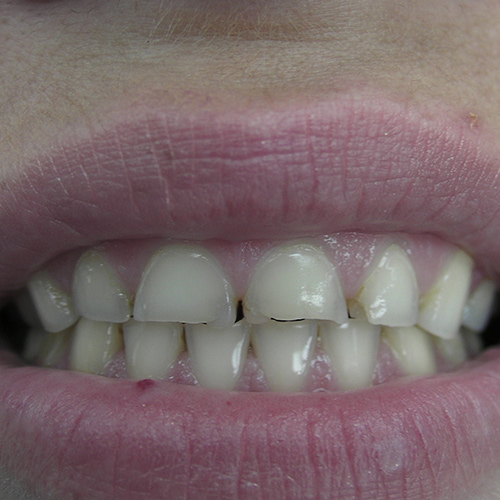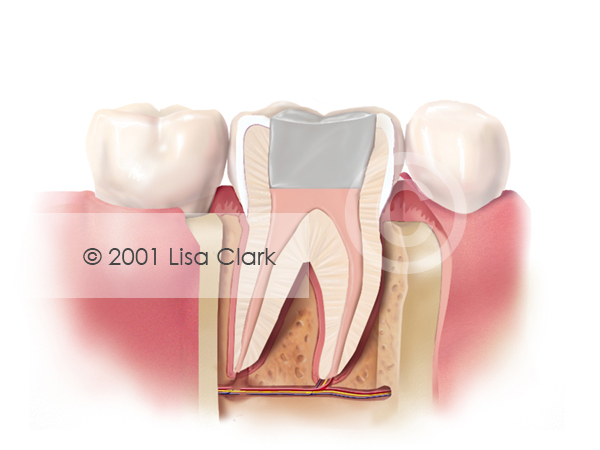Menopause Relief: Dry Mouth Solutions
The onset of menopause can bring about a multitude of changes in a woman’s body, many of which can be uncomfortable and disrupt daily life. One of the less discussed but significant symptoms of menopause is dry mouth, also known as xerostomia. Dry mouth can lead to difficulties in swallowing, tasting, and even speaking, significantly impacting a person’s quality of life. Understanding the causes of dry mouth during menopause and exploring effective relief solutions can help alleviate this symptom and improve overall comfort and health.
Hormonal Changes and Dry Mouth
Menopause is characterized by a significant decrease in estrogen levels. This hormonal shift affects various parts of the body, including the salivary glands. Estrogen plays a crucial role in maintaining the health and function of these glands. When estrogen levels drop, it can lead to a reduction in saliva production, resulting in dry mouth. Furthermore, hormonal changes can also affect the composition of saliva, making it less effective at performing its protective and digestive functions.
Symptoms of Dry Mouth
Dry mouth is more than just a minor annoyance; it can lead to several oral health issues if not addressed. Common symptoms include:
- Difficulty swallowing (dysphagia): Reduced saliva makes it harder for food to move smoothly through the throat.
- Changes in taste: Saliva helps dissolve food, allowing the taste buds to function properly. With less saliva, food may taste bland or different.
- Dry, sore throat: The lack of moisture can lead to irritation and discomfort in the throat.
- Bad breath (halitosis): Without enough saliva to wash away bacteria, bad breath can become a persistent issue.
- Tooth decay and gum disease: Saliva helps neutralize acids and remineralize teeth. A decrease in saliva production can increase the risk of dental problems.
Solutions for Dry Mouth Relief
Fortunately, there are several strategies and products that can help alleviate dry mouth symptoms:
1. Stay Hydrated
Drinking plenty of water is essential to keep the mouth moist. Sometimes, the sensation of dry mouth can be confused with dehydration, so ensuring adequate fluid intake is crucial.
2. Chew Sugar-Free Gum
Chewing sugar-free gum stimulates saliva production. Look for gum that contains xylitol, which can help prevent tooth decay.
3. Use a Humidifier
Dry air can exacerbate dry mouth. Using a humidifier, especially at night, can add moisture back into the air and help keep the mouth and throat more comfortable.
4. Saliva Substitutes
There are various over-the-counter products available that can help replace saliva, such as mouthwashes, sprays, and gels. These products can provide temporary relief and are especially useful before bedtime to help with swallowing and comfort during sleep.
5. Oral Rinses and Moisturizers
Specific oral rinses and moisturizers designed for dry mouth can help soothe and protect the mucous membranes in the mouth, reducing discomfort and promoting healing.
6. Dietary Adjustments
Eating foods that stimulate saliva production, such as sour candies or citrus fruits, can help. Avoiding spicy, salty, or acidic foods that can further dry out the mouth is also recommended.
7. Regular Dental Check-Ups
Given the increased risk of dental issues with dry mouth, regular dental check-ups are crucial. Dentists can provide personalized advice and treatments, such as fluoride varnishes, to protect teeth.
Natural Remedies and Supplements
Some natural remedies and supplements may also help alleviate dry mouth symptoms. However, it’s essential to consult with a healthcare provider before starting any new supplements, especially during menopause, when hormone levels are fluctuating.
- Omega-3 Fatty Acids: These healthy fats can help reduce inflammation and promote healing in the mouth.
- Vitamin E: Known for its antioxidant properties, vitamin E can help protect the mucous membranes from damage.
- Aloe Vera: Aloe vera has soothing properties and can be used in mouthwashes or gels to calm irritated tissues.
Conclusion
Dry mouth during menopause is a common symptom that can significantly affect daily life. By understanding the underlying causes and exploring various relief solutions, individuals can manage their symptoms more effectively. Whether through lifestyle changes, oral care products, or natural remedies, there are numerous options available to help mitigate the discomfort of dry mouth and maintain good oral health during menopause.
What are the primary causes of dry mouth during menopause?
+The primary cause of dry mouth during menopause is the decrease in estrogen levels, which affects the salivary glands and leads to reduced saliva production.
How can I stimulate saliva production naturally?
+Chewing sugar-free gum, eating sour candies or citrus fruits, and staying hydrated can help stimulate saliva production naturally.
Are there any specific oral care products recommended for dry mouth?
+Yes, there are various over-the-counter mouthwashes, sprays, and gels designed specifically for dry mouth that can help replace saliva and provide relief.
Can dry mouth increase the risk of dental problems?
+Yes, dry mouth can increase the risk of tooth decay and gum disease because saliva helps neutralize acids and remineralize teeth. With less saliva, these protective functions are compromised.
How often should I visit my dentist if I have dry mouth?
+It’s recommended to visit your dentist more frequently, ideally every 3-4 months, if you have dry mouth to monitor oral health and address any issues promptly.

